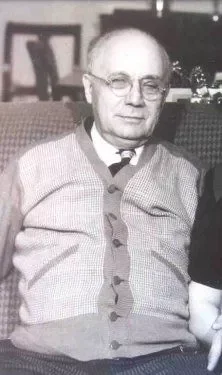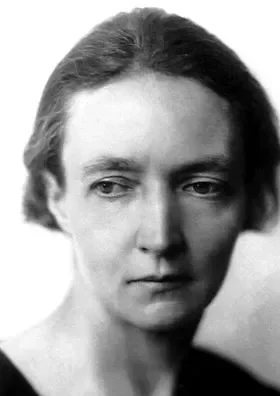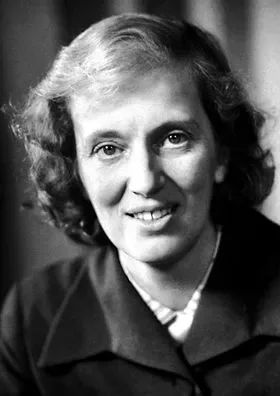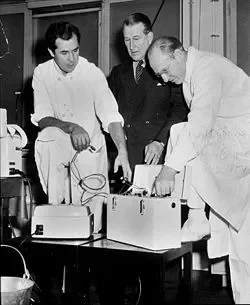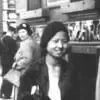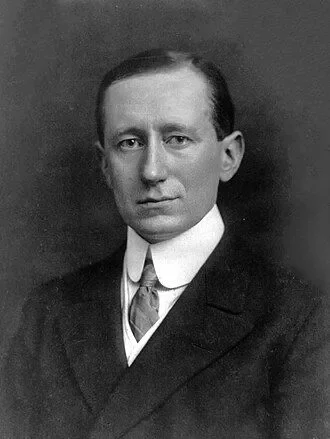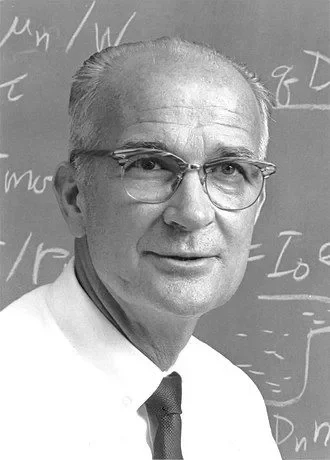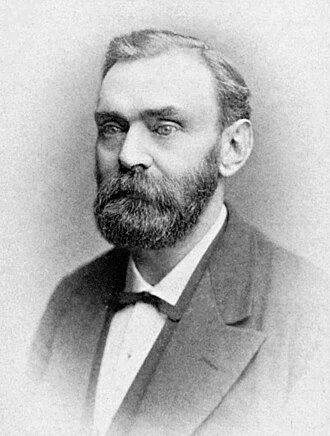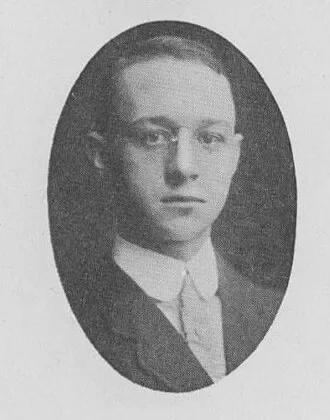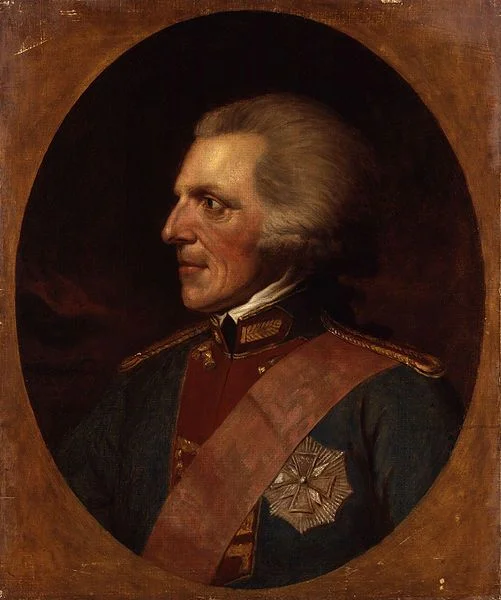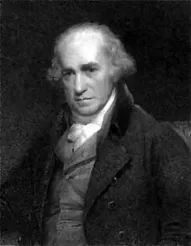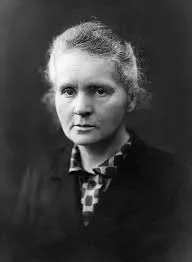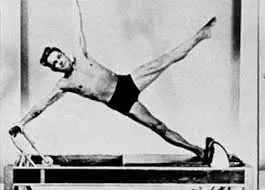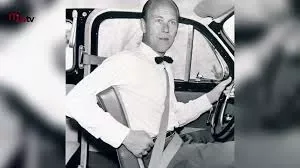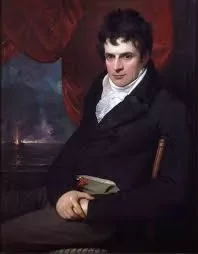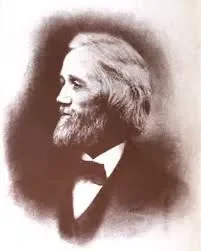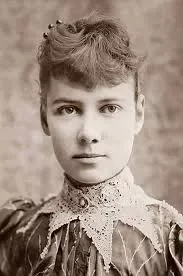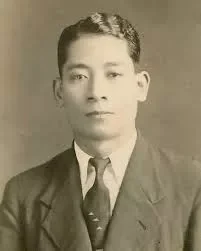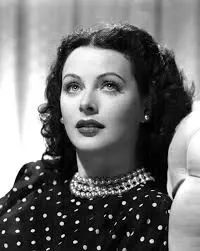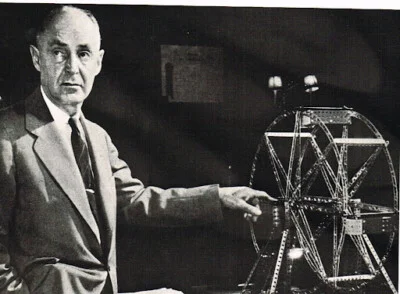Real Celebrities Never Die!
OR
Search For Past Celebrities Whose Birthday You Share
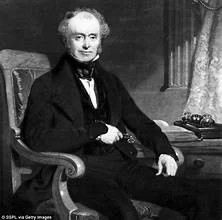
source:tse1.m
John Walker
Birthday:
29 May, 1781
Date of Death:
01 May, 1859
Cause of death:
Natural causes
Nationality:
British
Famous As:
Chemist
Age at the time of death:
77
John Walker's Quote's
Early Life and Background
John Walker was an English chemist and inventor who invented friction match, which was a breakthrough innovation of the time for generating fire. Walker was born in Stockton-on-Tees, County Durham, England on November 28th, 1781, and belonged to a modest family. Walker’s father was a butcher and he himself began work at an early age, first as a chemist’s apprentice. This early exposure to chemicals and experimentation led him to become enamoured with chemistry for the rest of his life.
Early Career and Experiments
His first foot in the door of chemistry came working as a community chemist and druggist. He opened his drug store in 1810 and conducted experiments at the same. His curiosity about chemical reactions caused him to research many ways of starting a fire, which was quite a problem in those days.
However, fire-starting techniques of the time were complicated and risky. The popular ones were flint and steel or unreliable sulphur matches. With a demand for something safer and easier, Walker decided to devise an easily usable friction match.
The Invention of the Friction Match
In 1826, John Walker had his first patent. His experimentation over the years led to him inventing what would become the first commercially viable friction match, which he initially named “friction lights.” Sticks were coated with a mixture of sulphur, phosphorus, and potassium chlorate to make matches. When it was used to rub against a surface specifically treated with the chemicals, the friction between them set off this reaction and created a flame.
Impact of the Friction Match
The friction match was a major step forward in easing the process of starting and controlling fire. It was more reliable, safer, and easy to use. Almost immediately, Walker’s invention became very popular and widely used. His design was straightforward, and the use of friction matches was convenient — truly a revolutionary product that changed how people started fires in homes as well as industrial settings.
Patenting and Commercialization
John Walker didn’t patent his invention though many advised him to do so. He relied on their increasing popularity to ensure that they would do well. Effectively making starting fires easier and safer than before, the impact of this new device was deeply felt in everyday life. His device greatly incresed the convenience and safety of fire starting.
Later Life and Legacy
Although his invention was successful, Walker hit financial problems later in life. He worked as a chemist and pharmacist until his matches made him financially successful. John Walker passed away on 1st May, 1859, at Stockton-on-Tees, achieving a kind of technological immortality due to his inventive work altering the way we ignite fires ever since.
Name:
John Walker
Popular Name:
John Walker
Gender:
Male
Cause of Death:
Natural causes
Spouse:
Place of Birth:
Stockton-on-Tees, England
Place of Death:
Stockton-on-Tees, England
Occupation / Profession:
Personality Type
Logistician: Practical and fact-minded individuals, whose reliability cannot be doubted. John Walker was methodical and focused, with a strong sense of duty and a preference for practical, tangible results, which is evident in his approach to chemistry and invention.
He sold his matches in boxes of 50 for one shilling.
His matches were originally known as "Congreves," after Sir William Congreve, a notable figure at the time.
John Walker did not patent his invention, allowing others to produce and improve upon it.
Walker's original matches were made using cardboard, which he later replaced with wooden splints.
Invented the friction match in 1827.
Revolutionized the method of producing fire.

